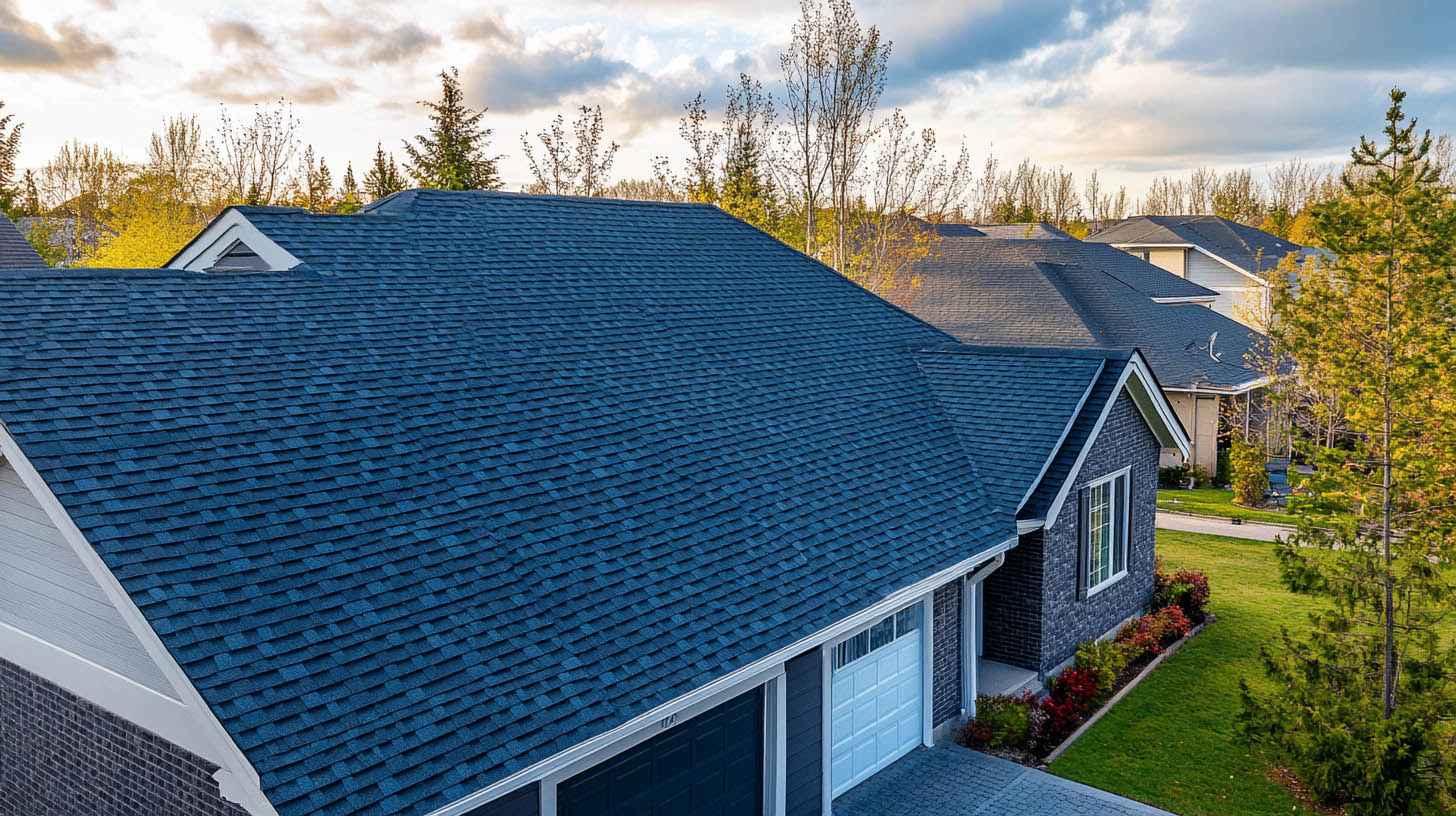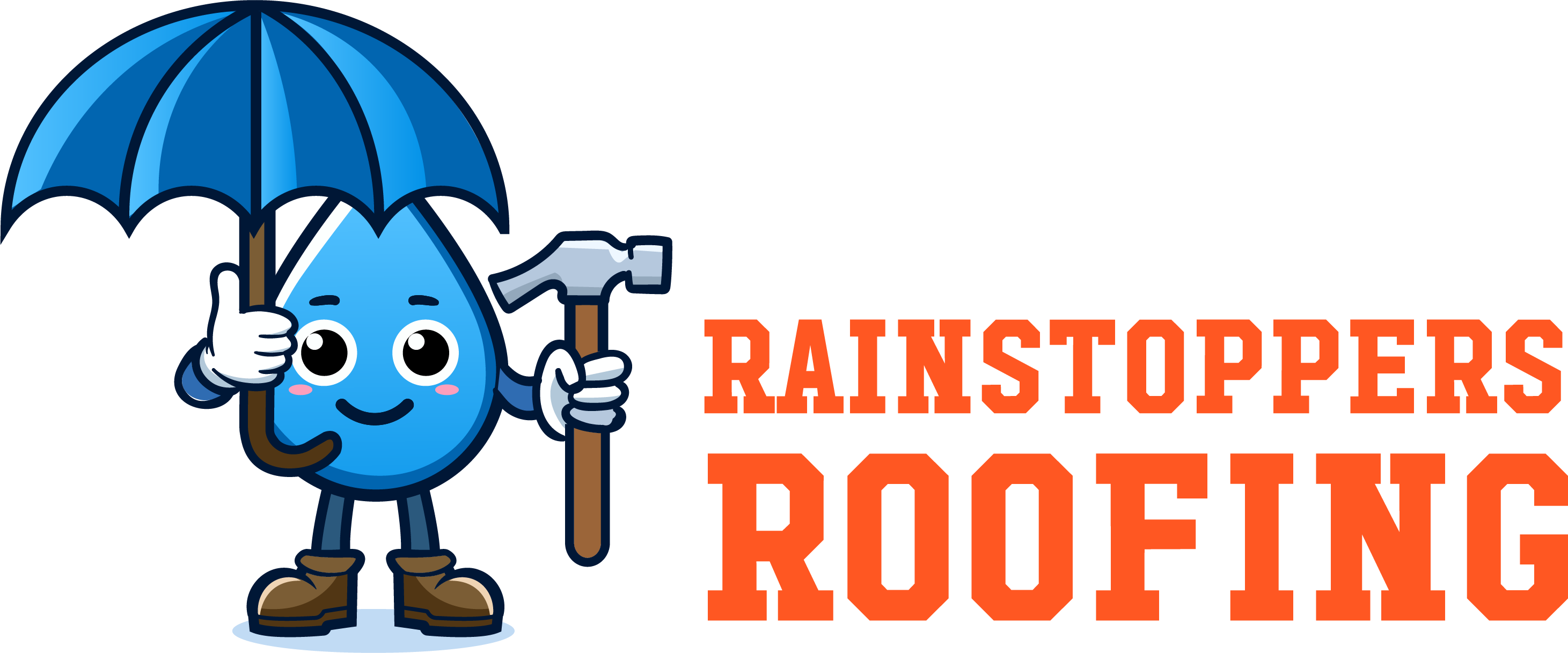
Regular roof inspections are crucial to maintaining the integrity of your home, yet many homeowners delay this task. Neglecting roof maintenance can result in leaks, increased energy costs, mold growth, and expensive repairs. At Rainstoppers Roofing, we emphasize the importance of timely inspections for homeowners in Charleston, WV. Rainstoppers Roofing offers comprehensive roofing services to help keep your home safe and protected.
Best Seasons for Roof Inspections: Spring and Fall
The ideal time to schedule roof inspections is in the spring and fall. Both seasons offer weather conditions that make it easier to assess and repair roof damage. Regular roof inspections during these times can prevent serious issues from developing.
Spring Roof Inspections
Spring is a great time for roof inspections, as winter weather can leave behind damage that is only visible after the snow melts. Harsh winter conditions, including ice, snow, and high winds, can weaken the roof and cause issues like broken shingles or leaks. Inspecting your roof in spring allows you to catch and repair problems before they worsen.
Fall Roof Inspections
Fall is also a key time for roof inspections, as it allows homeowners to prepare their roofs for the winter ahead. Fixing loose shingles, patching leaks, and ensuring proper insulation before winter arrives helps reduce heat loss during the cold months. A fall inspection ensures that your roof is winter-ready, preventing costly repairs later on.
Important Fact: According to the U.S. Department of Energy, 40% of a home’s heat loss occurs through the roof during winter. A well-maintained roof can significantly reduce energy costs by improving insulation.
Why Not Inspect Your Roof in Summer or Winter?
Although it’s possible to inspect roofs in summer and winter, these seasons can make the process more difficult.
Summer
Summer heat and UV rays cause roofing materials to degrade, reducing their waterproofing abilities. Hailstorms and high winds can also damage roofs, making it harder to accurately assess the condition before or after these events. If you choose to inspect in summer, be aware that the heat may mask certain issues that become more evident in cooler weather.
Winter
Winter is the least ideal time for roof inspections. Snow, ice, and freezing temperatures make it dangerous to walk on roofs and can conceal underlying problems. Repairs are more challenging and costly during this season, so it’s best to perform preventive maintenance in the fall to avoid winter issues.
Other Times to Inspect Your Roof
Beyond regular spring and fall inspections, there are other situations where an inspection is necessary. If your roof is exposed to any of the following conditions, an immediate inspection is recommended:
- After a major storm (heavy rain, snowstorm, hail, or wind).
- After a hot, sunny summer that may have caused cracking or material degradation.
- After a tree or branch falls on your roof, or other significant physical impact.
FAQs About Roof Inspections
How often should I inspect my roof?
It’s recommended to inspect your roof twice a year—in the spring and fall. Additional inspections should be performed after severe weather events or if visible damage occurs.
Can I inspect my roof myself?
While you can perform basic visual inspections, hiring a professional ensures a thorough assessment, as they can identify hidden issues that homeowners may overlook.
What should I look for during a roof inspection?
Look for missing or damaged shingles, leaks, sagging areas, damaged flashing, and signs of moisture buildup such as mold or algae.
How much does a professional roof inspection cost?
The cost of a professional roof inspection varies, but it typically ranges between $100 to $300, depending on the size of the home and the complexity of the roof.
Can I inspect my roof in the winter?
It’s not recommended to inspect your roof in the winter due to safety concerns and the potential for snow or ice to conceal damage.
Conclusion
Scheduling roof inspections in the spring and fall can help you avoid costly repairs and extend the life of your roof. By catching damage early and preparing your roof for seasonal weather changes, you’ll ensure that your home remains well-protected year-round. Whether you’re in need of a routine inspection or suspect damage after a storm, Rainstoppers Roofing provides expert inspections and maintenance to keep your roof in optimal condition.For five warning signs that it’s time for a new roof, click here.
